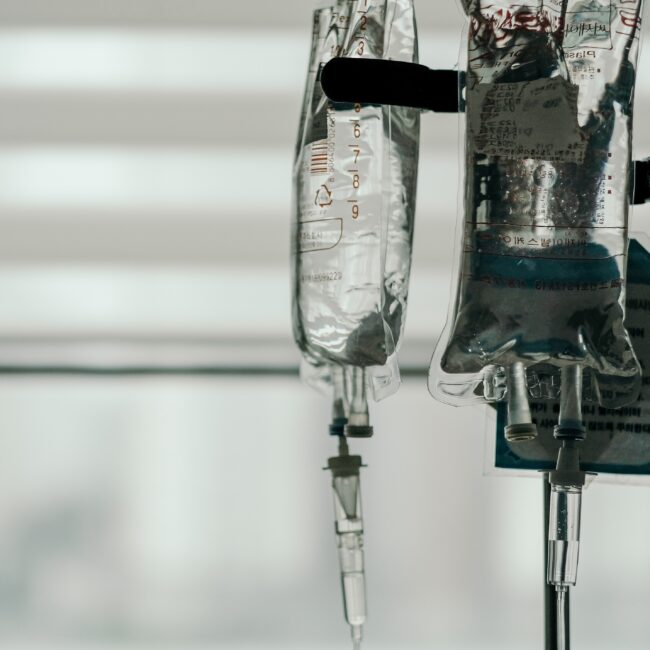Cellulitis in the emergency department
Grant ID: EMJS-384R35-2021-NIGHTINGALE
Project Summary
Cellulitis is an infection of the skin and underlying soft tissues and leads to redness, pain and sometimes fever. Once diagnosed, the emergency doctor needs to decide an appropriate type and dose of antibiotic and decide to give it orally (tables/capsules) or intravenously (via a drip).
Despite this being a common diagnosis in the ED, guidelines are not based on high-quality evidence making it difficult for doctors to make evidence-based choices and there is wide variation in how cellulitis is treated. This prospective cohort management study aims to describe the ED management and clinical outcomes of adult patients with cellulitis.
Outcomes
The study described ED patients diagnosed with cellulitis treated with antibiotics, and the resolution of key symptoms of redness, pain, warmth and swelling up to 14 days. The study found that a clinical response can be expected at day 3 with ongoing slower improvement over time. Over one-third of patients may still have skin erythema or swelling at day 14. It is the first study to depict the natural course of the four hallmark features of cellulitis, as described by patients, over multiple timepoints. It identified that patients are less likely than clinicians to deem their cellulitis cured at day 14. The description of cellulitis symptoms in this manner, plus the identification of the discrepancy between patient and clinician impression of cure, will allow for better education regarding the clinical course of cellulitis and an opportunity for clinicians and patients to share the same mental model of what it means to be cured.
Potential future impacts from this study include:
- Helping clinicians and patients to share the same mental model of cure. Allowing for improved clinician understanding of the natural trajectory of cellulitis and this has potential to translate to better education of patients regarding the expected clinical course
- Better education may result in more appropriate (reduced) prescription/use of antibiotics
- Better education may result in better patient satisfaction and reduced representation to the emergency department
- Identification of warmth as an underappreciated marker of cellulitis treatment. This may guide future research aimed at developing better definitions of what it means to be cured or treatment failure.
The ultrasound component of the study assessed the feasibility of vein/cannula measurements in the emergency department and once admitted to hospital. This will allow for the development of a future study focused on the effect of flucloxacillin vs other antibiotics on vein health.
Dissemination
Presentation:
- Nightingale, R., Cellulitis in the Emergency Department. Oral Presentation. 2022 Emergency Care Research Symposium - Gold Cold Coast University Hospital, 11th August 2022.
SHARE




